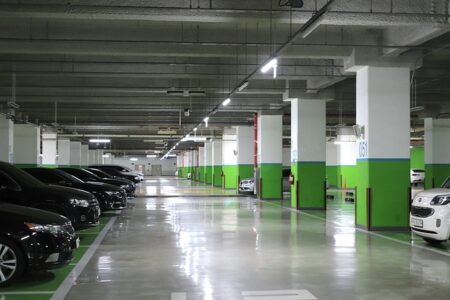Parking key negotiation point in NHS staff demands

The union claims NHS trusts received £46m from staff parking last year
Members of the GMB union working in the NHS and ambulance service in England have demanded a £1.50 per hour flat-rate increase and free staff parking as part of their 2024/25 pay deal.
Furthermore, after consultation with its members, GMB has submitted its pay claim directly to the Department for Health and Social Care (DHSC) and refused to engage with the NHS Pay Review Body until it is reformed.
The demanded pay increase would be for all staff on Agenda for Change contracts (or RPI, whichever is greater).
And, for the lowest paid, this would mean a 13% rise.
GMB also claims NHS trusts received £46m from staff parking in 2022/23 and it now wants funding restored for trusts to provide parking at no cost for NHS workers.
Also included in the claim are measures on ambulance retirement age, safe staffing levels, restoring lost and conditions, unsocial hours enhancements, job evaluation and equal pay issues, and ensuring the NHS never falls below the Foundation Living Wage.
Strike action
More than 13,000 GMB ambulance workers took part in multiple strike days last year, eventually winning themselves an above-inflation pay rise from the DHSC.
Rachel Harrison, GMB national secretary, said: “GMB will not engage with the NHS Pay Review Body process until it has been significantly reformed – with NHS and ambulance workers confident it is truly independent.
“We now await the Secretary of State’s response.”
Rising costs
The claim comes as the financial cost of strikes in the 14 months to the end of January is expected to reach in excess of £1.5bn, with an equivalent loss of elective activity.
Sir Julian Hartley, chief executive of NHS Providers, has reiterated his call for a resolution to the ongoing strikes, saying the cost is ‘ringing alarm bells for trust leaders’ and describing the bill as ‘eye-watering’.
He adds: “Trusts and their partners have already tightened their belts to find substantial efficiency savings totalling £4.8bn so far this year.
“Inflation is piling on extra pressure, creating a funding black hole of £1.7bn leaving little in reserve to invest in the extra capacity they need to deal with rising demand.”
